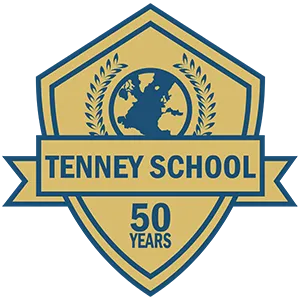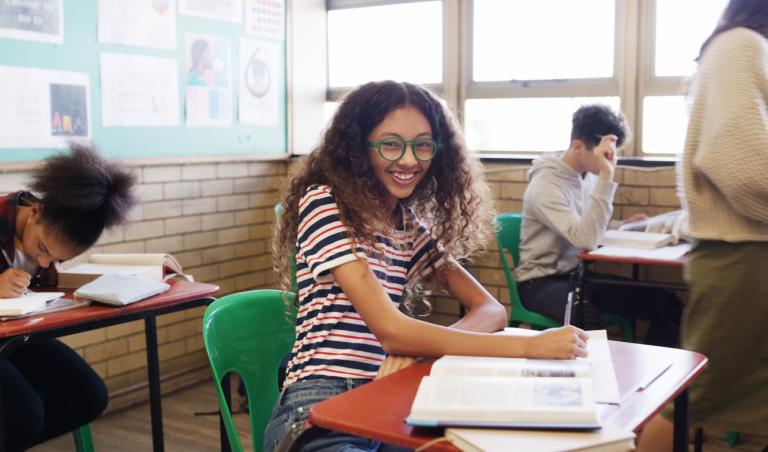We all want the best education for our children. However, in addition to academics and life-learning skills, we also want them to experience enjoyment and fulfillment while in school. Thus, forming meaningful and long-lasting relationships. So, when we select a school for our child, we must consider not only how the school fares academically, but also the kind of atmosphere it provides. The ability to form enjoyable and productive relationships with peers and teachers represents why the small school continues to gain popularity. Here’s how a smaller school will help your children form more meaningful relationships.
Different Types of Small Schools to Consider
The term small school doesn’t necessarily match up with an exact definition, but generally speaking, it refers to a school with 400 students or fewer.
The idea of the publicly funded small school began early in the 1960s and continues to gain popularity. The Magnet school represents one type of publicly funded smaller school. Magnet schools started popping up in the 1960s with the idea of concentrating on an academic specialty. Magnet schools associate most closely with the STEM or science, technology, engineering, and math specialties.
Charter schools began in the 1990s as a sort of offshoot from Magnet schools. Their focus often falls more into the art categories. Though publicly funded, Charter schools often don’t need to follow quite so many rigid regulations making them more flexible and innovative. To gain acceptance to a Magnet or Charter school, a student relies on a lottery system.
Private schools rely on tuition and private donations to implement their programs. Since private schools don’t receive public funding, they possess more liberties with their curriculums. Many feel that the specialized culture created by the philosophy of a private school results in a more cohesive community that encourages creativity.
Why Small Schools Are Conducive to Meaningful Relationships
In a smaller and more intimate atmosphere student, connections become more comfortable to obtain. The relationships between students, their peers, and teachers account for the second most stable safety force in a child’s life. Only the family unit represents a more critical aspect of a child’s upbringing. Additionally, smaller schools statistically offer a safer choice, with fewer incidents of bullying and violence.
But, selecting a school remains a personal choice, and often the student’s personality type plays a part in the decision.
- If your child displays an extroverted personality, often they would do well in a larger school climate. After all, a large school gives them more students to befriend and sometimes more academic choices. But, if the student’s interest lies with music, art, or dance, the larger school may not represent the best choice. And, especially if the child qualifies as gifted, many larger schools don’t possess the resources to make the most of their talents, especially a school in a low-income area.
- An introverted child will almost always do better with both academics and forming friendships in a smaller school. A shy student may manifest their anxiety physically or emotionally. But the intimacy of smaller classrooms and better teacher to student ratios gives them the security and confidence to form trusting relationships with instructors and make friends with their peers.
Students who make meaningful personal connections in school miss fewer days. Consequently, they usually get higher grades and test scores.
How Small Schools Lend Themselves to Meaningful Relationships Between Students and Teachers
Most teachers choose their careers because they want to teach and help children navigate their way into adulthood. The smaller school atmosphere allows teachers to teach and pay attention to all their students. In a larger school, many students nearly disappear, especially those with introverted personalities.
Consider Tenney Schools for Your Child’s Educational Career
The ‘Power of One’ philosophy at Tenney Schools prides itself on the goal of every child achieving success both academically and socially. We also serve gifted students and those with learning disabilities to make sure everyone receives the best education and meaningful experience.
To discuss the option of Tenney Schools for your child, please contact us here. We would love to talk to you.


